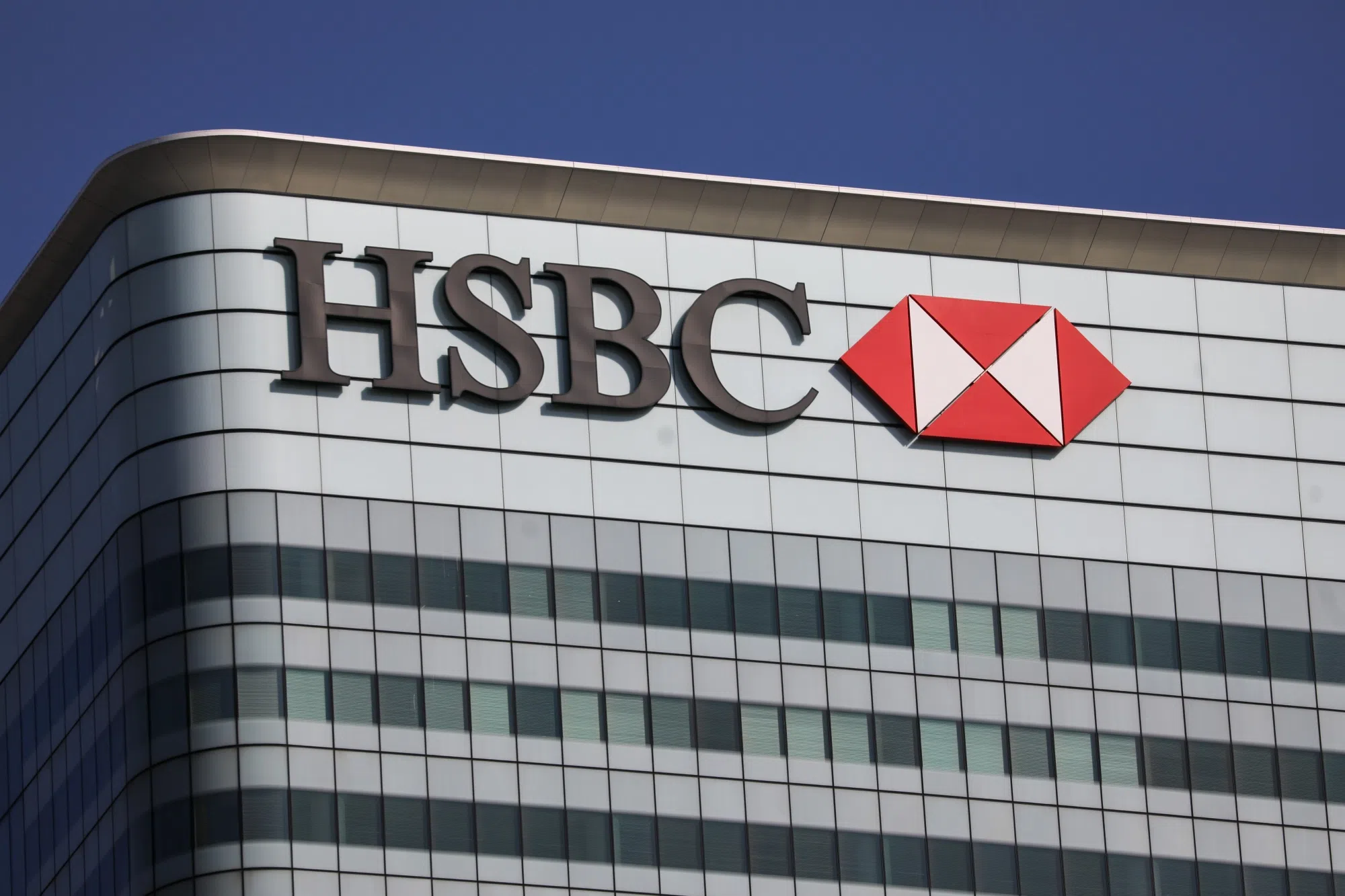A GROUP of HSBC Holdings investors wants the bank to set a funding target for renewable energy amid concerns its current green pledges are too vague.
It’s part of a list of demands that includes asking Europe’s biggest bank to spell out exactly how it plans to hit a sustainable-finance target of up to US$1 trillion. The shareholders, who have more than US$890 billion of combined assets under management, include Royal London Asset Management, Axiom Alternative Investments and La Francaise Asset Management. The initiative was coordinated by UK non-profit ShareAction.
They put their demands forward at HSBC’s annual general meeting on Friday (May 3), with shareholders gathering just days after a surprise announcement by the bank that chief executive officer Noel Quinn is stepping down. The call for a renewable energy target follows an assessment by the International Energy Agency that to limit global warming to the critical threshold of 1.5 degrees Celsius, the world’s renewable power capacity needs to triple by 2030.
Many of the world’s biggest banks have told the public they are committing trillions of US dollars to sustainable finance, but have provided limited documentation to back up such claims. Bloomberg News has previously reported that the targets span significant accounting differences, leaving banks a lot of leeway to set their own guardrails.
HSBC’s current US$750 billion to US$1 trillion sustainable-finance goal for 2030 is formulated in such a way that “investors do not have enough information about how exactly this will be spent to know if the bank is really on the path to net zero and contributing its fair share of financing to address climate finance gaps”, Jeanne Martin, head of banking programme at ShareAction, said.
It “gives the impression the bank is scaling up its efforts on green finance without demonstrating the difference it will make, or whether it is financing the green activities that are most needed”, she said.
A NEWSLETTER FOR YOU
ESG Insights
An exclusive weekly report on the latest environmental, social and governance issues.
Speaking at the AGM, HSBC Chairman Mark Tucker responded to ShareAction’s demands by noting that the bank has published a “data dictionary” that defines its sustainable finance and investments approach. The list is reviewed annually to take account of “developments in the market standards and taxonomies that we follow in our labelling”, he added. Tucker also thanked ShareAction for its “constructive engagement” and said HSBC looks forward to further discussion on the topic.
HSBC also faced criticism from Laura Hillis, a representative of the responsible investment team at the Church of England Pensions Board, who said on LinkedIn that “HSBC refused” to let her speak. Hillis had intended to push the bank for greater transparency around its lobbying disclosures, she said.
A spokesperson for HSBC said it intends to respond to all questions that investors were unable to ask during the AGM.
In its annual report published in February, HSBC said it had provided and facilitated US$268 billion of sustainable finance and almost US$27 billion of ESG and sustainable investing since the beginning of 2020. Of the US$295 billion total, 38 per cent was in the form of so-called use-of-proceeds financing such as green bonds, while 26 per cent was done as sustainability-linked financing.
Continued progress towards achieving its sustainable finance and investment goal is “dependent on market demand for the products and services”, HSBC said. BLOOMBERG



